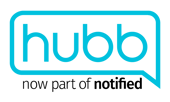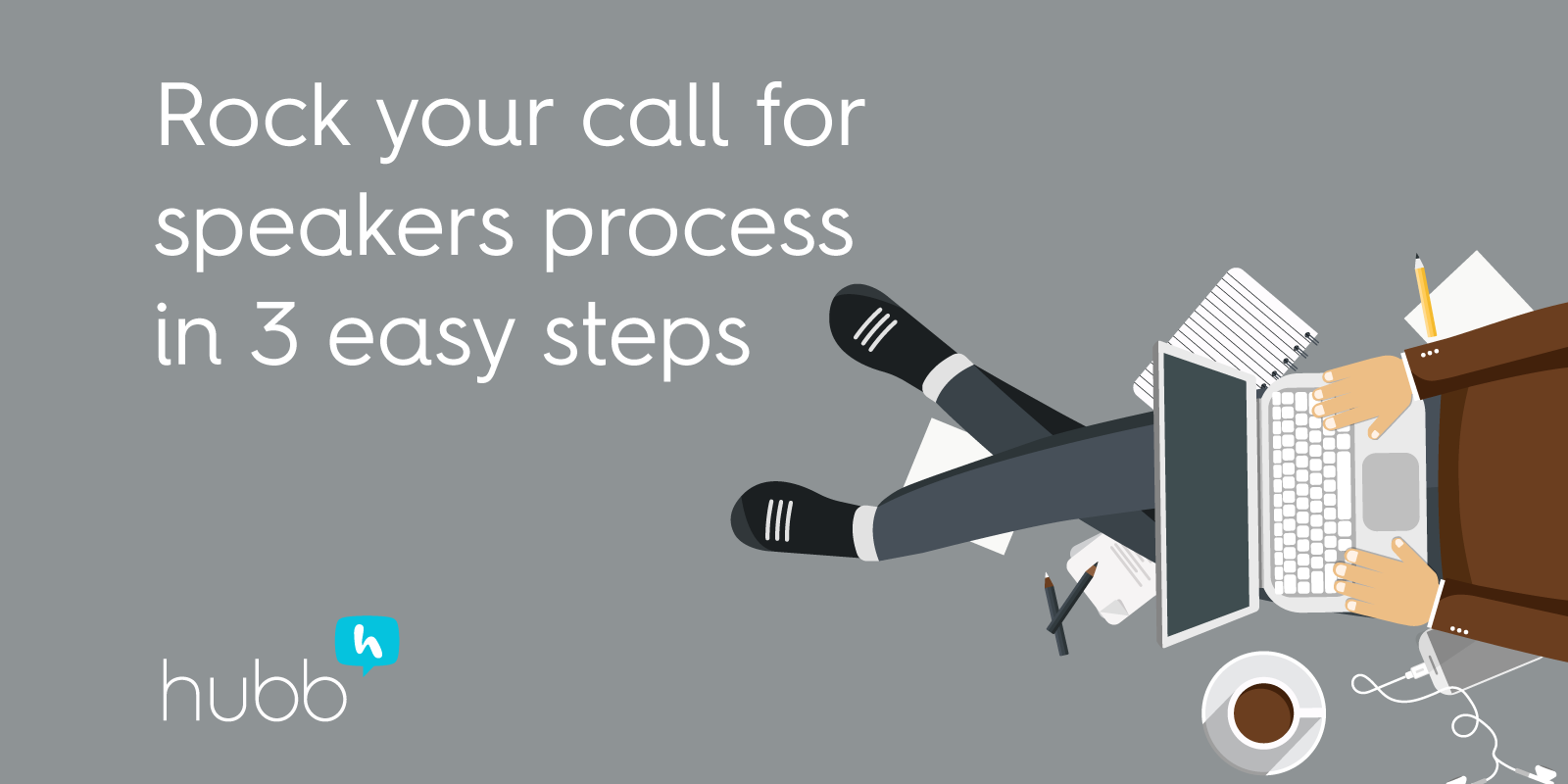
Speaker agreements. Though they’re sometimes viewed as a formality, these handy documents provide the perfect opportunity to outline speaker expectations for your conference or event.
Most of the time common sense is enough, but occasionally, you have someone show up to their presentation wearing shorts and flip-flops carrying a 3-foot-tall daiquiri (True story). When that happened, I had no one to blame but myself because technically I never clarified he COULDN’T wear flip-flops.
I’ll never look at speaker contracts as a formality again. They are a fantastic opportunity to clearly define expectations, compensation, how speakers’ intellectual property will be used, and more.
Totally going to sue (Not really though)
Any time you’re trying to lock someone into a legally binding agreement, you need a lawyer to help ensure your document is indeed legally binding.
But, if you don’t have access to counsel, don’t despair. Think about the goal of your speaker agreement. In the end, are you really going to sue one of your speakers if they don’t show up for a panel?
Even if your answer is that you probably won’t sue them, you still need to use speaker agreements. Even if the contract hasn’t been reviewed by an attorney, it’s still an important form of communication that allows you to establish crystal clear expectations with your speakers.
Here are important considerations as you create your event speaker contract:
Dude, where’s my intellectual property?
When speakers get onstage, they are sharing their intellectual property. That’s why it’s important to clearly describe how and where you plan to share and use their event content and in what form. For example, you may include a clause if their session will be filmed or live streamed and shared via social media channels. Let them know if they will be photographed, or if content from their presentation deck will be used in marketing collateral and in what format.
This is also an opportunity to explain design and branding rules. Are they required to use your PowerPoint template? If so, are they permitted to co-brand by adding their own logos on the deck? Spell out any guidelines for citing videos or studies they reference during their presentation.
Show me the money (compensation details)
Anything related to payment or reimbursement should be outlined in the agreement. Don’t leave it at, “We’re going to cover up to $1,000 in travel costs”. Explain that receipts are required, how and when they must be remitted, and turnaround time for repayment.
If you’re not clear, you might wind up with an invoice in your inbox from a speaker that just says “Here’s my $1,000 invoice, which you need to pay before I book anything.” And maybe that’s OK with you. But if it’s not, be clear on how travel and expenses will be reimbursed.
No-pants presentations? Share those onsite expectations
Next, you’re going to want to clearly outline any onsite expectations. That might start with something like, “You’ll be presenting a 60-minute session. Date and time to be confirmed later as an addendum to this contract.”
But there are other details that may be important to you. For example, when your speaker needs to check in, register, or what time they should arrive at the speaker work room prior to their presentation. “We expect that you will arrive in your meeting room 30 minutes prior to the start of your presentation for setup.” This is also a great place to spell out any expectations for clothes and personal appearance.
This section can include which presentations resources you will provide and which they will need to bring. For example, we will provide all audio cables and a lavalier mic, but they’ll need to bring their own laptop.
Speaker agreement life hacks
Have you ever had trouble getting your speakers to sign and return those speaker agreements in a timely manner?
On one hand, you don’t want to create barriers for your speakers to collaborate with you and your event. On the other hand, there’s nothing more stressful than when you’re a week out from your event and 40% of your speakers haven’t registered yet. Are they planning to show up? Pass me the wine!
One tactic is to launch them into the event registration process from your initial “thanks for being a speaker” communication. Once they are done registering for the event, then they get access to the speaker portal and badges.
If that doesn’t work, give copies of the unsigned speaker contracts to your speaker registration team and make sure those documents get signed as part of the registration process.
Words, words, words… Include a summary
Now that you’ve got all this information documented and your speaker agreement is 10 pages long and it’s filled with hard-to-decipher legalese, can you really blame people for skipping right to the end?
Include a quick checklist along with the speaker agreement that says “Attached is your speaker agreement that outlines all of the requirements and legally binding requirements of participation” followed by bullet points that highlight the most important points.
Bullet #1: Pants required.
Examples of event speaker agreements
As promised, here are a few examples to provide guidance as you create your own.
Example 1 |
Example 2 |
|
|
|

|

|
Want more event speaker management tips? Download Hubb’s guide for Speaker Management Best Practices.








![[Infographic] Event content by the numbers](https://1925165.fs1.hubspotusercontent-na1.net/hubfs/1925165/EventContent-by-the-Numbers-Social.png)
